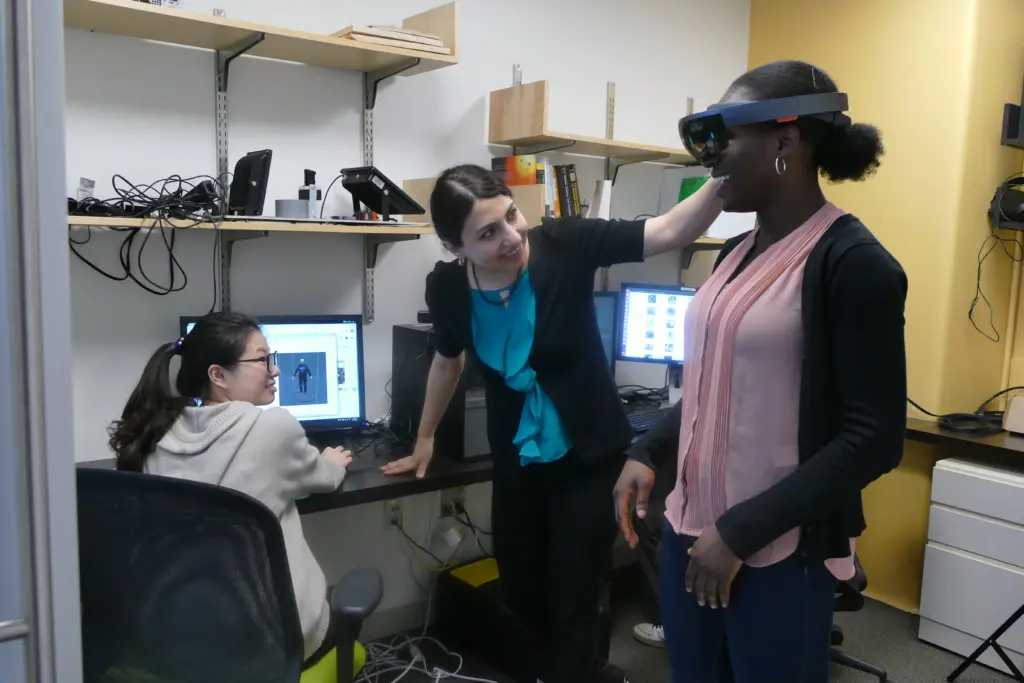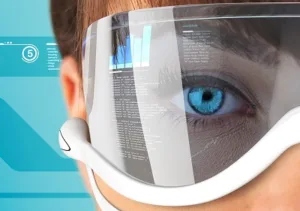A new technology using augmented reality (AR) goggles aims to improve exposure therapy for teenagers struggling with anxiety and depression. Northeastern University associate professor Sarah Ostadabbas is leading a National Science Foundation grant with the University of Pittsburgh to develop AR goggles integrated with machine learning software. The system will allow therapists to immerse patients in customized 3D environments to confront anxiety triggers and phobias.

“Depression and anxiety have been on the rise dramatically, and unfortunately a lot of these teens do not respond well to the therapy that is prescribed to them,” said Ostadabbas. “Teens who don’t respond to standard therapy are at a greater risk of serious consequences, including suicide and shortened life expectancy.”
Currently in exposure therapy, patients are gradually exposed to real-world experiences that provoke anxiety. However, asking teens to self-monitor their fear levels can disrupt immersion. The new AR goggles aim to create more realistic exposures to triggers like public speaking or social situations.
The goggles will also incorporate EEG technology to monitor brain signals and track patients’ emotional responses. This allows therapists to gauge progress over time and adjust the intensity of the AR environments accordingly.
“This project entails creating innovative machine learning algorithms for detecting and quantifying fear levels in response to various stimuli solely through the analysis of brain signals,” explained Ostadabbas.
The researchers believe this technology will fill a gap in existing treatment methods by enabling more effective at-home practice for teens facing anxiety and depression. The team plans to partner with schools and community organizations to provide training on using the new system.
If successful, the AR goggles could provide an immersive tool for exposure therapy, allowing clinicians to vividly confront patients’ fears and bette monitor their emotional growth. This could lead to improved outcomes for teens struggling with common but serious mental health challenges.

